Where to Install Carbon Monoxide Alarm: Protecting London Residents
For landlords and homeowners in London, properly installing carbon monoxide (CO) alarms is crucial for ensuring the safety of occupants. Carbon monoxide is a colorless, odorless, and potentially deadly gas. Here’s a guide on where to install CO alarms to maximize their effectiveness.
Install CO alarms outside of each separate sleeping area in the immediate vicinity of the bedrooms. This ensures that alarms are loud enough to wake occupants if they are asleep. The International Association of Fire Chiefs recommends a CO detector on every floor of your home, including the basement. Detectors should be located within 10 feet of each bedroom door. Place a detector near or over any attached garage. Do not install CO detectors directly above or beside fuel-burning appliances, such as fireplaces or stoves. A detector should not be placed within fifteen feet of heating or cooking appliances or in or near very humid areas such as bathrooms. CO alarms can be located on the wall, ceiling, or other location as specified in the installation instructions. The United States Environmental Protection Agency (EPA) recommends placing a carbon monoxide detector on a wall about five feet above the floor or about eye level.
Always make sure to read the provided installation manual for each detector before installing. Regularly check battery-operated detectors. Install them away from the kitchen, bathroom, sunny spots, or open windows since humidity could interfere with the sensors. If you require a CO alarm for a new residence, the detector should be interconnected so that when one goes off, they all go off. (Check your state requirements.)
Common sources of CO include boilers, camping stoves, water heaters, furnaces or chimneys, clothes dryers, central heating systems, generators or other gas-powered items like grills or lawn equipment, fireplaces, gas stoves and ovens, wood stoves, automobiles, and open fires.
Make sure appliances are installed and operated according to the manufacturer’s instructions. Have the heating system, chimney, and vents inspected and serviced annually. Examine vents and chimneys regularly for improper connections, cracks, rust, or stains.
By following these guidelines, you can ensure the proper placement of carbon monoxide alarms, protecting your property and its occupants from the dangers of carbon monoxide poisoning.
For more information on gas safety inspections and to ensure your property complies with all regulations, consider our Carbon Monoxide Alarm services. We can help you maintain a safe living environment for your tenants.

Fire Risk Assessment

Gas Safety Certificate
Gas Safety Certificate – Domestic – Meter & Upto 2 appliances
£57.99 Book NowGas Safety Certificate – Domestic – Meter & Upto 4 appliances
£77.99 Book NowCarbon Monoxide Alarm
£80 Book NowGas Safety Certificate – Domestic – “Discounted Offer” Boiler Service + Gas Certificate & 2 appliances
£89.99 Book NowGas Safety Certificate – Commercial – 1 appliance
£199 Book NowGas Safety Certificate – Commercial – 2 appliances
£245 Book NowGas Safety Certificate – Commercial – Boiler Service
£280 Book Now

Electric Safety
Studio Appartments Electrical Safety Certificate (EICR)
£65 Book NowPAT Testing Up To 10 Items
£58 Book NowDomestic Electrical Safety Certificate EICR 1 – 3 Bedroom – 1 Consumer Unit Up to 12 Circuits
£99 Book NowDomestic Electrical Safety Certificate EICR 4 Bedrooms – 1 Consumer Unit Up to 12 Circuits
£120 Book NowCommercial Electrical Certificate (EICR) – 1 Consumer Unit Up to 12 Circuits
£149 Book NowDomestic Electrical Safety Certificate EICR 5 Bedrooms – 1 Consumer Unit Up to 12 Circuits
£150 Book NowDomestic Electrical Safety Certificate EICR 6 Bedrooms – 1 Consumer Unit Up to 12 Circuits
£158.33 Book NowFuse Box Installation
£415.83 Book Now

Energy Performance

Inventory Services

Asbestos Surveys

Electric-Gas Appliances & Hob Installations

Talk To Us!
Get in touch if you're uncertain or need assistance ?
020 8609 7777
Talk to a Friendly Advisor
Accreditations

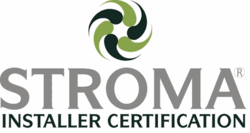
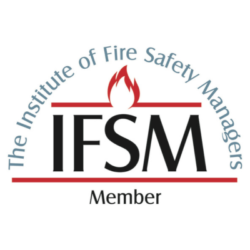
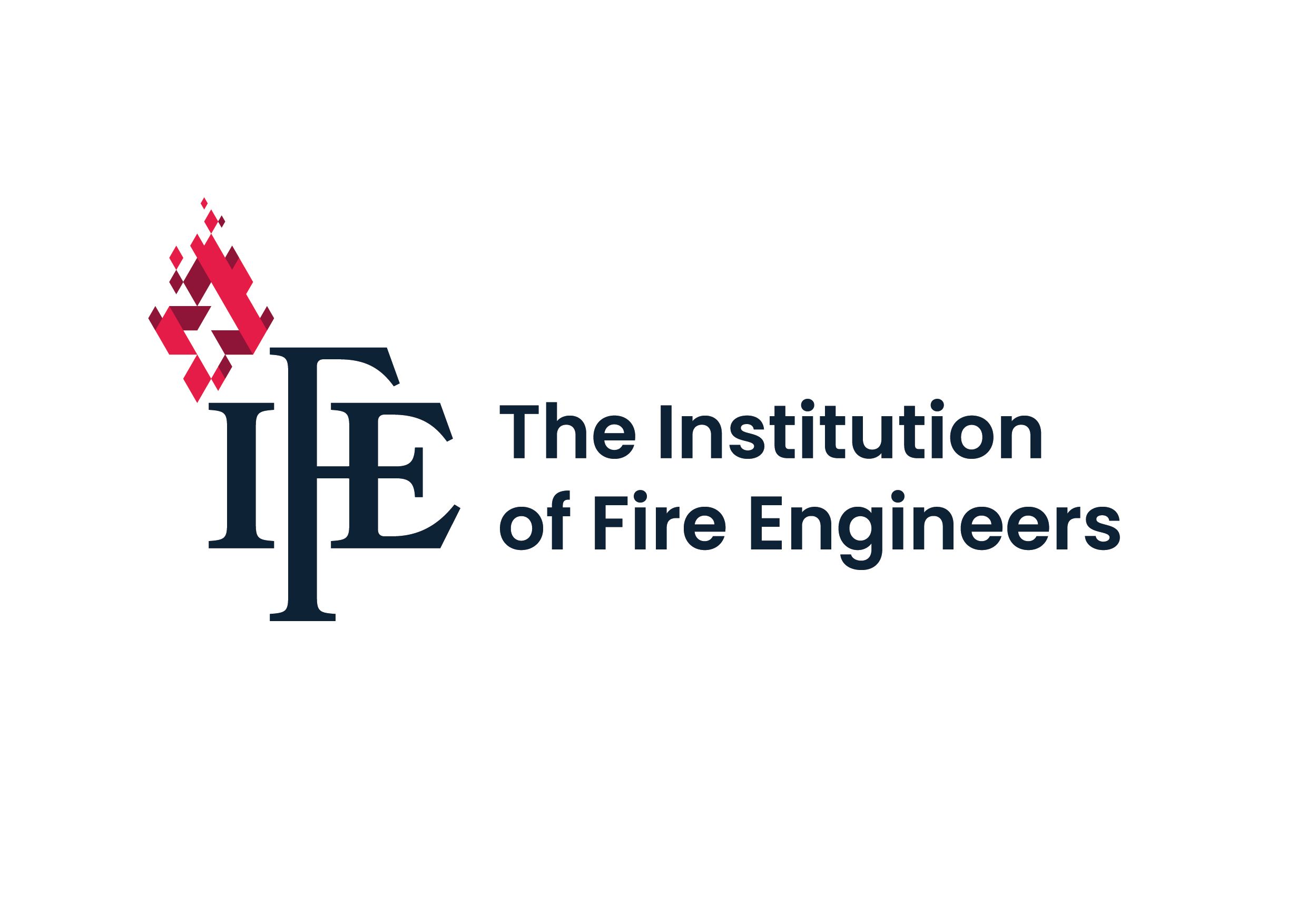
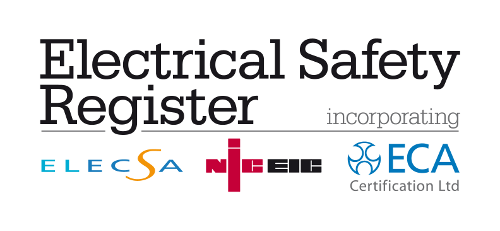
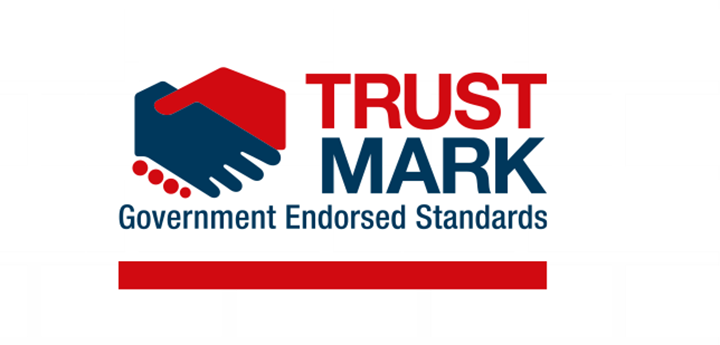
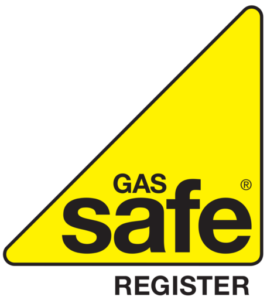
Help & Advice
-
Understanding PEEPs in Residential Settings What Landlords and Housing Providers Must Know
In the wake of the Grenfell Tower tragedy, the UK government has introduced stricter fire safety responsibilities for those managing residential buildings. One of the most significant changes is the
-
EPC 2025 Rule Changes – What UK Landlords Must Know
In the push toward a greener and more energy-efficient Britain, the UK Government has proposed major changes to Energy Performance Certificate (EPC) rules that will significantly impact landlords. From 2025,
-
Commercial Gas Safety Certificate London Expert Guide for Business Properties
For commercial property owners and landlords in London, obtaining a valid commercial gas safety certificate is both a legal obligation and a critical safety measure. Unlike domestic properties, commercial premises often have
-
Gas and Electric Safety Checks A Landlord’s Legal Guide.
As a London landlord, maintaining proper gas and electric safety checks is not optional—it's a legal requirement that protects your tenants and your property investment. Under UK law, you must
-
Portable Appliance Testing Certificate for Rental Properties
A Portable Appliance Testing (PAT) certificate is a document that confirms electrical appliances in a rental property have been tested for safety. While not a legal requirement for private landlords
-
 Understanding PEEPs in Residential Settings What Landlords and Housing Providers Must Know
Understanding PEEPs in Residential Settings What Landlords and Housing Providers Must Know
-
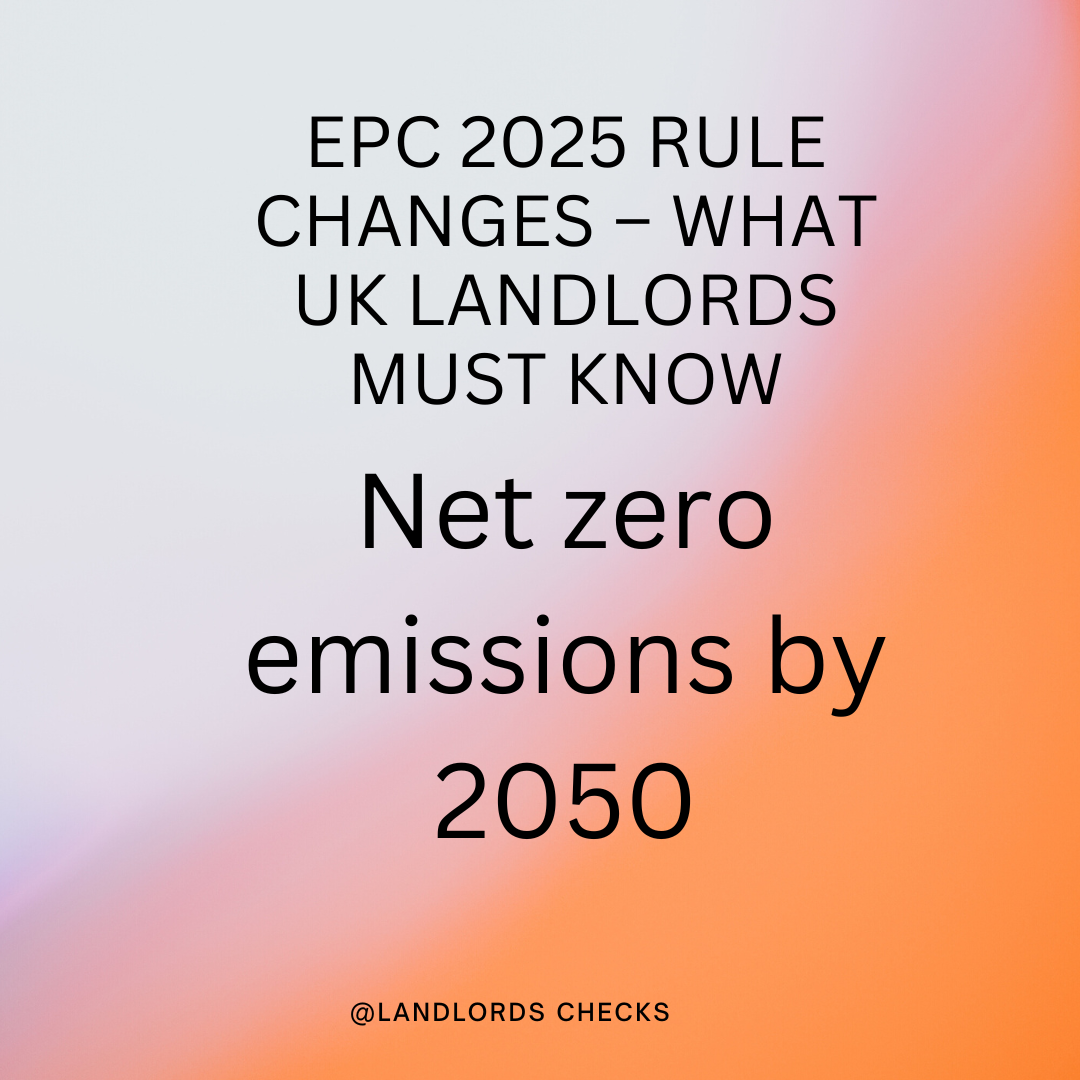 EPC 2025 Rule Changes – What UK Landlords Must Know
EPC 2025 Rule Changes – What UK Landlords Must Know
-
 Commercial Gas Safety Certificate London Expert Guide for Business Properties
Commercial Gas Safety Certificate London Expert Guide for Business Properties
-
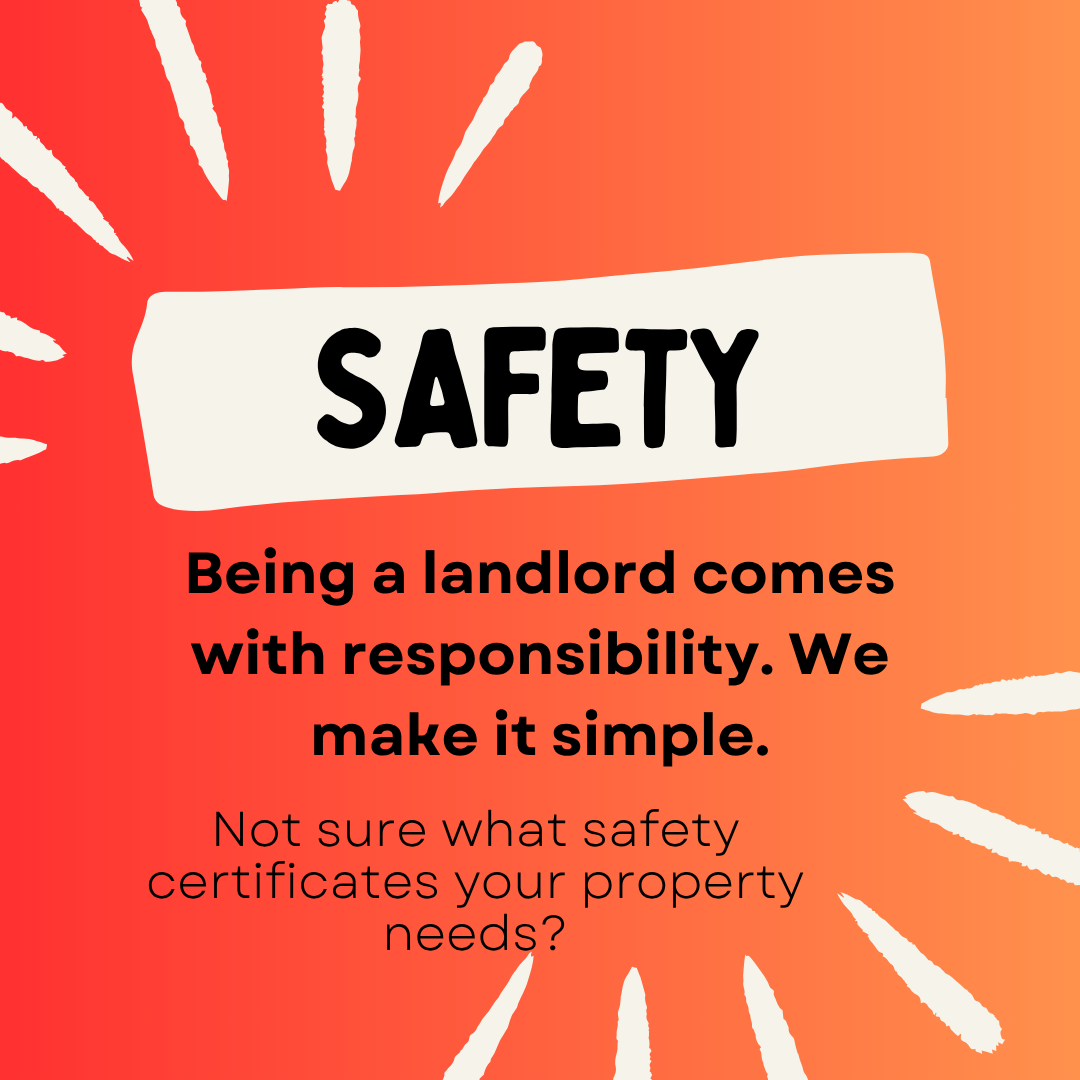 Gas and Electric Safety Checks A Landlord’s Legal Guide.
Gas and Electric Safety Checks A Landlord’s Legal Guide.
-
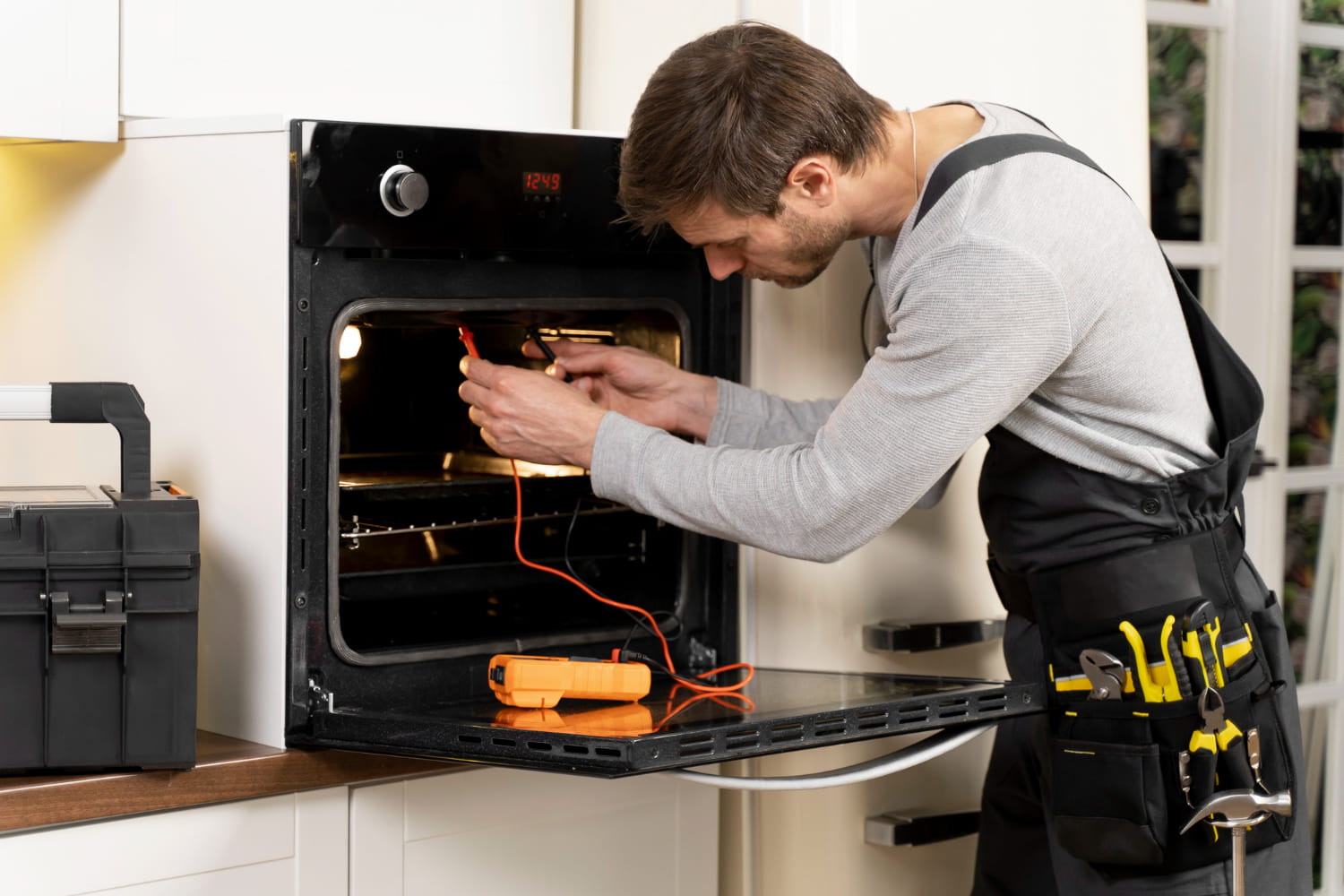 Portable Appliance Testing Certificate for Rental Properties
Portable Appliance Testing Certificate for Rental Properties



